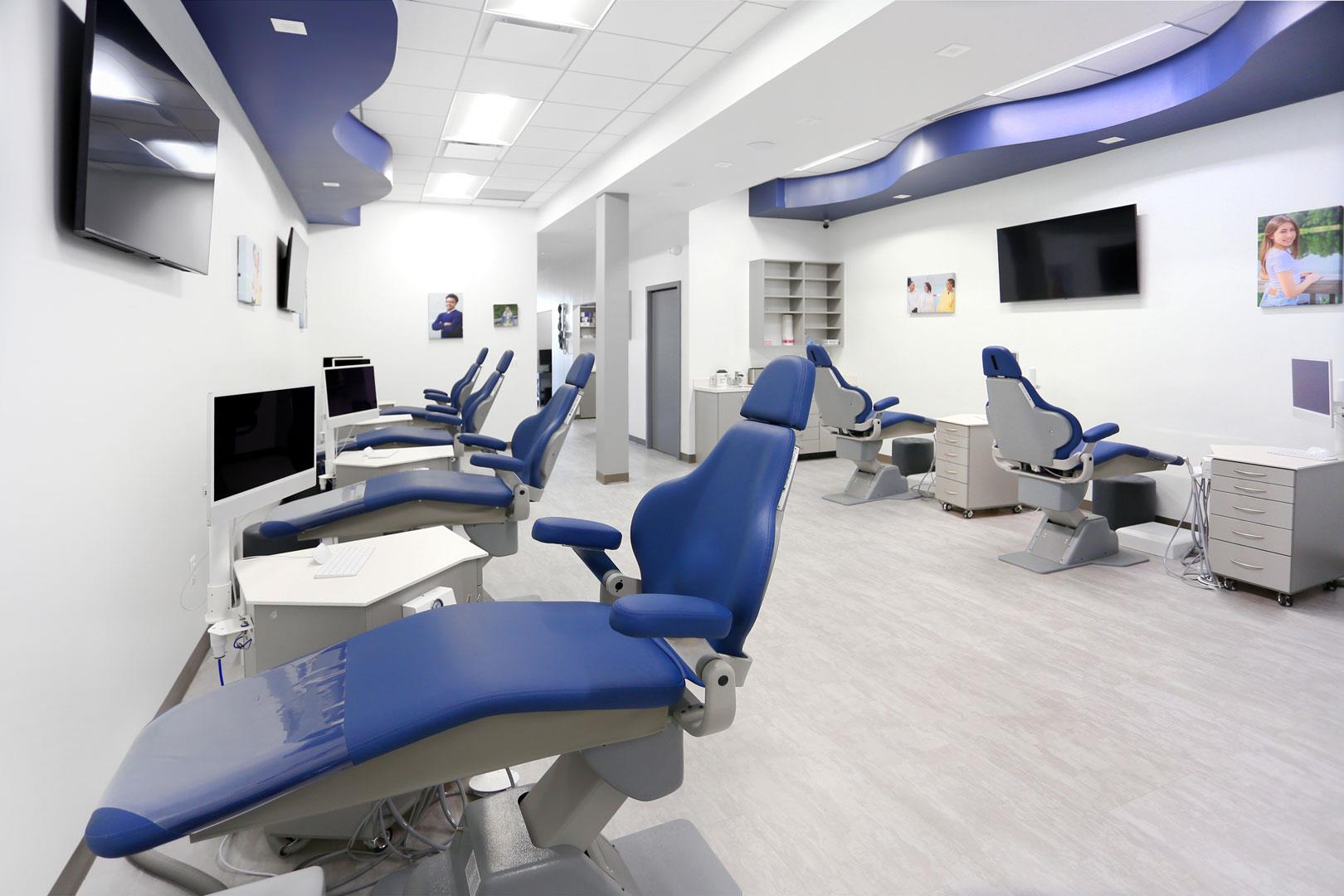Introduction
Launching your own dental clinic is a major milestone—one that can transform your professional life and positively impact countless patients. However, the path from vision to reality requires careful planning, organization, and follow-through. That’s why we’ve compiled this ultimate checklist to guide you through every critical step in opening a successful dental clinic. Let’s dive in!
1. Define Your Vision and Goals
Why It Matters
Your vision is the driving force behind all of your decisions, from office design to the type of patient experience you’ll create.
- Mission and Philosophy: What sets your clinic apart? Do you aim to provide family-focused care, cosmetic dentistry, or a broad range of specialty services?
- Long-Term Objectives: Think about growth trajectories, such as expanding your clinic or adding new services in the future.
2. Conduct a Thorough Market Analysis
Why It Matters
Understanding your market helps you tailor services, pricing, and location to actual community needs.
- Demographics: Assess the local population’s age range, income levels, and oral health priorities.
- Competition: Identify existing dental clinics, their specialties, and gaps you can fill.
- Location Viability: Determine potential foot traffic, ease of parking, and proximity to main roads or public transportation.
3. Create a Detailed Business Plan
Why It Matters
A solid business plan not only keeps you focused but also reassures lenders and investors of your clinic’s viability.
- Executive Summary: State your clinic’s vision, market opportunity, and unique selling points.
- Financial Projections: Include startup costs, projected revenue, operating expenses, and break-even analysis.
- Service Portfolio: List the procedures and specialties you’ll offer.
- Marketing Roadmap: Outline how you’ll attract, engage, and retain patients.
4. Secure Financing
Why It Matters
Obtaining sufficient funds ensures you can cover initial outlays like equipment, rent, and staff salaries without financial strain.
- Traditional Bank Loans: Usually come with lower interest rates but require a detailed business plan and good credit.
- SBA Loans: Government-backed loans might offer favorable terms, though approvals can take longer.
- Private Investors or Partnerships: A viable option if you’re open to sharing equity or decision-making.
- Personal Savings: Reduces reliance on debt, but be mindful of your personal financial risk.
5. Choose the Perfect Location
Why It Matters
Location can influence patient volume, convenience, and your clinic’s reputation.
- Accessibility: Ensure easy entry points, ample parking, and proximity to public transport.
- Visibility: High-traffic areas with good signage can attract new patients.
- Lease or Buy: Decide whether to lease for flexibility or buy for long-term investment—consider factors like local property costs and future expansion plans.
6. Plan Your Clinic’s Layout and Design
Why It Matters
A well-designed clinic boosts efficiency, reduces stress, and enhances patient comfort.
- Ergonomic Workflow: Position operatories, sterilization areas, and waiting rooms to minimize bottlenecks.
- Modern, Inviting Décor: Use calming colors, comfortable seating, and a clean aesthetic to ease patient anxiety.
- Tech Infrastructure: Plan for digital X-ray equipment, computer stations, and any specialized machinery (e.g., 3D imaging) in your floor plan.
7. Obtain Essential Equipment and Supplies
Why It Matters
High-quality, reliable equipment is vital for delivering top-notch dental care and building patient trust.
- Core Equipment: Dental chairs, autoclaves, handpieces, and imaging tools.
- Software: Practice management systems, billing software, and electronic health record (EHR) platforms.
- Supplies: Stock up on disposables like gloves, masks, dental bibs, and cleaning solutions.
- Maintenance Plans: Set up regular service checks to minimize downtime and unexpected repair costs.
8. Build a Strong Team
Why It Matters
Your staff embodies your clinic’s culture and directly influences patient satisfaction.
- Staffing Needs: Depending on your practice size, you may need associate dentists, hygienists, dental assistants, office managers, and receptionists.
- Recruitment: Look for candidates who demonstrate empathy, good communication, and a willingness to learn.
- Training and Onboarding: Implement a robust orientation program that covers clinic policies, software training, and patient communication protocols.
- Team Culture: Foster a supportive environment where employees can grow professionally and feel valued.
9. Navigate Legal and Regulatory Requirements
Why It Matters
Compliance protects you from legal complications and helps maintain high standards of patient care.
- Licenses and Permits: Ensure you have a valid dental license, business license, and any zoning or building permits.
- Insurance Coverage: Secure malpractice insurance, property insurance, general liability, and workers’ compensation.
- OSHA and HIPAA Compliance: Establish clear protocols for workplace safety, infection control, and patient data privacy.
10. Develop a Marketing and Patient Outreach Strategy
Why It Matters
A consistent marketing plan ensures a steady stream of new and returning patients.
- Online Visibility: Launch a professional website optimized for local search, maintain active social media profiles, and encourage online reviews.
- Branding: Create a memorable logo and brand message that resonates with your target patient base.
- Community Engagement: Partner with local businesses, sponsor community events, or host free dental education seminars.
- Referral Programs: Encourage satisfied patients to refer friends and family with incentives like discounted services or gift cards.
11. Implement Operational Systems and Processes
Why It Matters
Efficient operations free up more time for quality patient care and reduce administrative headaches.
- Practice Management Software: Schedule appointments, manage billing, and maintain patient records in one place.
- Automated Reminders: Send email or text alerts for upcoming appointments to cut down on no-shows.
- Inventory Management: Track supplies to avoid running out of essential items.
- Performance Tracking: Monitor KPIs like patient retention, revenue growth, and overhead expenses.
12. Prepare for Opening Day
Why It Matters
A smooth launch creates a positive first impression and lays the groundwork for future success.
- Final Office Walkthrough: Double-check equipment functionality, cleanliness, and staff readiness.
- Soft Opening: Consider a trial run with friends, family, or local community members to test workflows and gather feedback.
- Grand Opening Event: Announce special offers, schedule tours of your new clinic, and invite local media or community leaders.
Conclusion
Launching a dental clinic involves juggling multiple tasks—from forming a clear vision to ensuring compliance and planning an effective grand opening. Use this checklist to stay organized and keep your priorities in focus every step of the way. With the right preparation, team, and processes, you can create a thriving dental practice that delivers excellent care and a lasting positive impact on your community.




